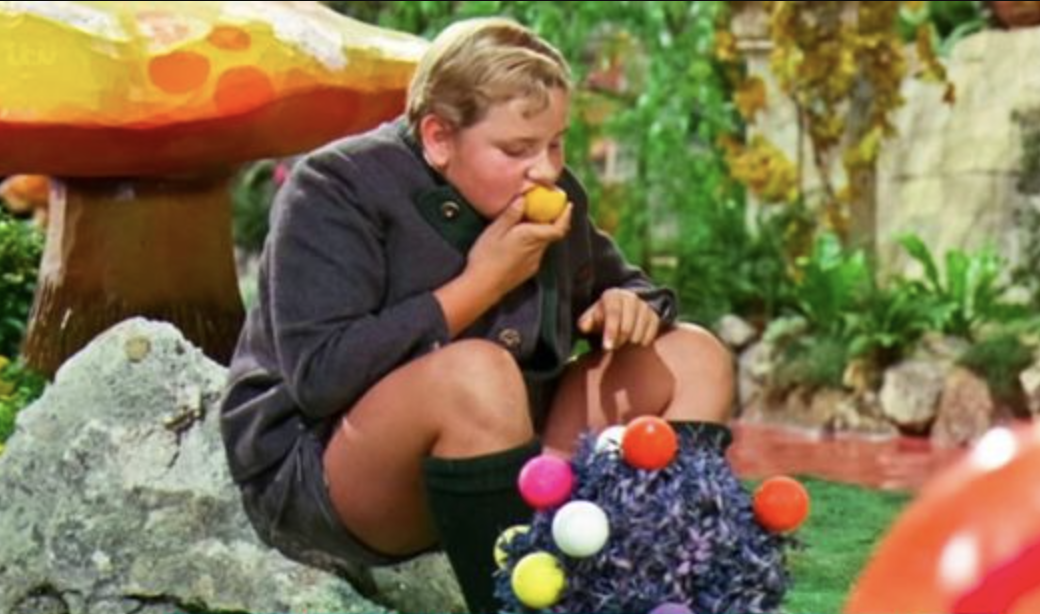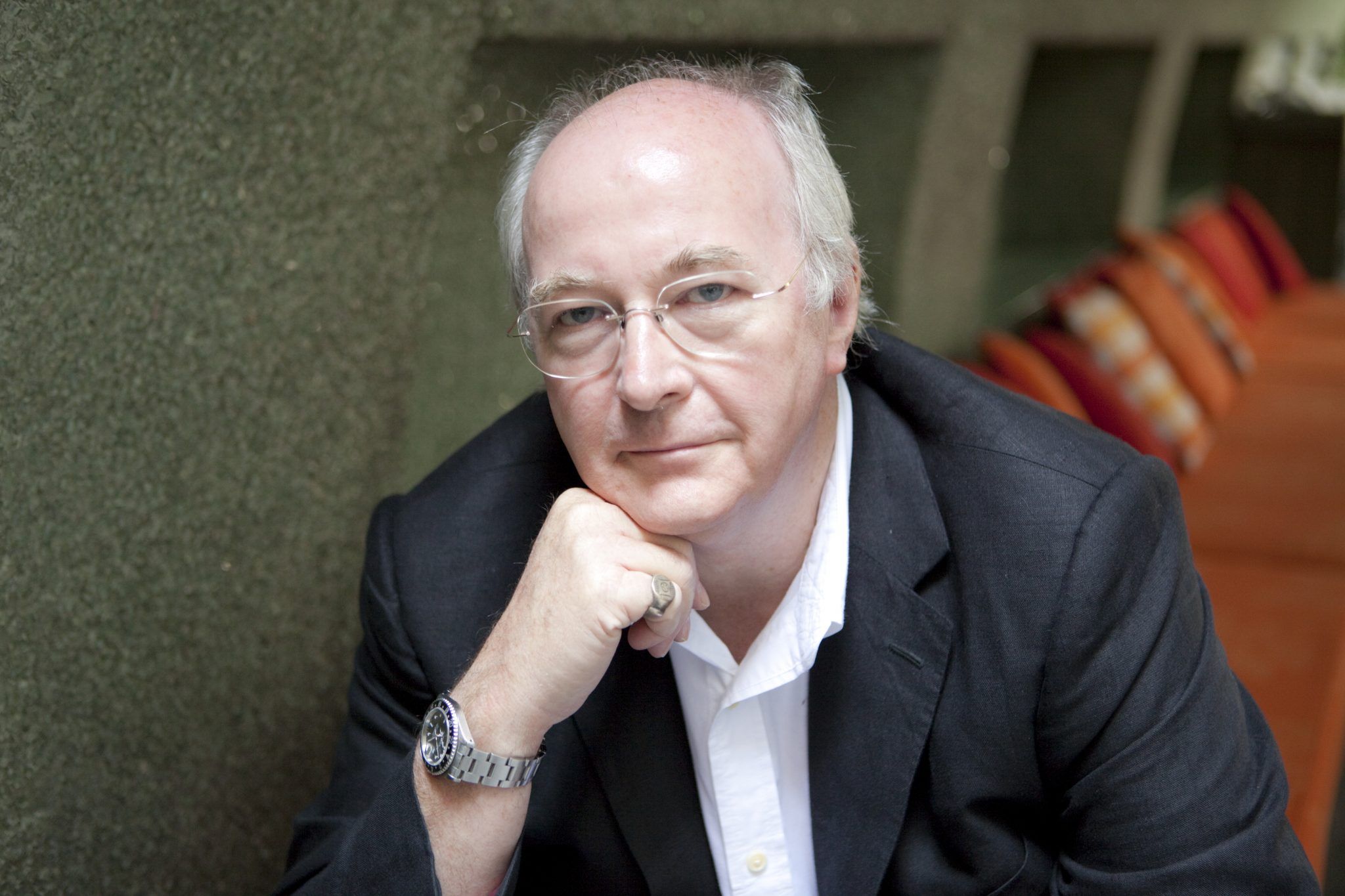

Share
20th February 2023
04:22pm GMT

 New editions of Charlie and the Chocolate Factory will see Augustus Gloop simply described as 'enormous' instead of 'enormously fat' (Paramount Pictures)[/caption]
The word 'fat' has been removed from all of Dahl's children's books, the Telegraph reports. For example, Augustus Gloop, from Charlie and the Chocolate Factory, is now simply described as "enormous" instead of "enormously fat", and Aunt Sponge, from James and the Giant Peach, is no longer referred to as "the fat one."
Similarly, the Oompa-Loompas are described as “small people” with the descriptors such as “tiny” and “titchy” no longer appearing in the text.
'Ugly' has also been removed, meaning that Mrs Twit from The Twits is just described as "beastly" instead of "ugly and beastly."
Words such as "crazy" and "mad" have also been cut from Dahl's stories.
The new versions of the books have also been altered to also change how the books portray women.
So, in Charlie and the Chocolate Factory, instead of something being referred to as "not ladylike," the books now read "undignified."
Gender neutral terms have also been introduced in the books, so "Mothers and fathers" has become "parents" and the "Cloud-Men" of James and the Giant Peach are now "Cloud-People."
[caption id="attachment_378853" align="alignnone" width="2048"]
New editions of Charlie and the Chocolate Factory will see Augustus Gloop simply described as 'enormous' instead of 'enormously fat' (Paramount Pictures)[/caption]
The word 'fat' has been removed from all of Dahl's children's books, the Telegraph reports. For example, Augustus Gloop, from Charlie and the Chocolate Factory, is now simply described as "enormous" instead of "enormously fat", and Aunt Sponge, from James and the Giant Peach, is no longer referred to as "the fat one."
Similarly, the Oompa-Loompas are described as “small people” with the descriptors such as “tiny” and “titchy” no longer appearing in the text.
'Ugly' has also been removed, meaning that Mrs Twit from The Twits is just described as "beastly" instead of "ugly and beastly."
Words such as "crazy" and "mad" have also been cut from Dahl's stories.
The new versions of the books have also been altered to also change how the books portray women.
So, in Charlie and the Chocolate Factory, instead of something being referred to as "not ladylike," the books now read "undignified."
Gender neutral terms have also been introduced in the books, so "Mothers and fathers" has become "parents" and the "Cloud-Men" of James and the Giant Peach are now "Cloud-People."
[caption id="attachment_378853" align="alignnone" width="2048"] Author Philip Pullman has suggested that instead of Dahl's works being altered, they should be allowed to go out of print and 'fade away' (Getty)[/caption]
The move to alter the Dahl's writing has been criticised by some, but author Philip Pullman suggested that instead of the book's being rewritten, they should just be allowed to go out of print and fade away.
He told BBC Radio 4’s Today programme that people should "let him [Dahl] go out of print" and encouraged them to explore writers such as Malorie Blackman, Michael Morpurgo and Beverley Naidoo.
“Read all of these wonderful authors who are writing today, who don’t get as much of a look-in because of the massive commercial gravity of people like Roald Dahl," he continued.
He explained that if publishers stopped printing Dahl's work, the books would neither disappear overnight, nor be substantially changed in the public’s consciousness, because of the vast numbers of existing editions already on shelves in homes, school libraries and elsewhere.
Author Philip Pullman has suggested that instead of Dahl's works being altered, they should be allowed to go out of print and 'fade away' (Getty)[/caption]
The move to alter the Dahl's writing has been criticised by some, but author Philip Pullman suggested that instead of the book's being rewritten, they should just be allowed to go out of print and fade away.
He told BBC Radio 4’s Today programme that people should "let him [Dahl] go out of print" and encouraged them to explore writers such as Malorie Blackman, Michael Morpurgo and Beverley Naidoo.
“Read all of these wonderful authors who are writing today, who don’t get as much of a look-in because of the massive commercial gravity of people like Roald Dahl," he continued.
He explained that if publishers stopped printing Dahl's work, the books would neither disappear overnight, nor be substantially changed in the public’s consciousness, because of the vast numbers of existing editions already on shelves in homes, school libraries and elsewhere.
Pullman added: “What are you going to do about them? All these words are still there, are you going to round up all the books and cross them out with a big black pen?”
Asked about the controversy over the rewrites, he said: “Dahl can look after himself. I hadn’t read his books for very many years and I don’t want to again.”
He added: “The point is: these words, these phrases and language uses do change over time. For a young author now coming in, who hasn’t got the clout and the commercial power of someone like Roald Dahl, it’s quite hard to resist the nudging towards saying this or not saying that, which is a pity, I think.”
Explore more on these topics: